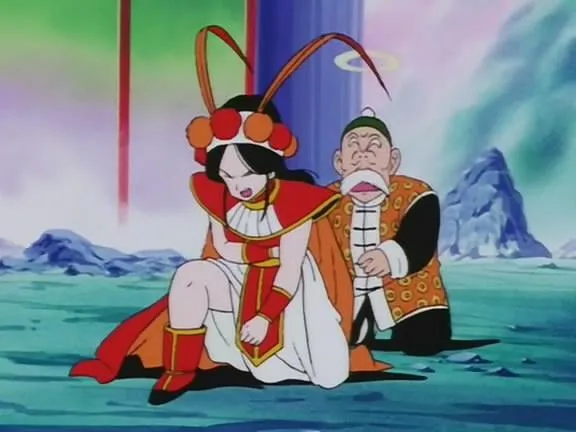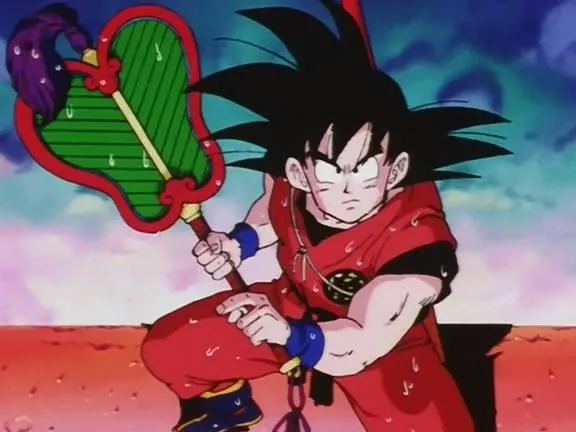As we age, we often realize that our childhood favorites may not hold up to scrutiny. This is particularly true for the 1986 anime series “Dragon Ball”, which has been beloved by many for its exciting adventures and memorable characters. However, upon reexamination, it becomes clear that the series harbors some disturbing content, particularly when it comes to its portrayal of women.
The biggest problem lies with Master Roshi, a character who embodies the creepy old man stereotype. He is a mentor to the main character, Goku, and his students, and his behavior is often reduced to objectifying and harassing teenage girls, primarily Bulma. Roshi’s predatory nature is deeply disturbing, and his manipulation of Bulma, a 16-year-old, is particularly egregious.
The show’s treatment of Bulma is also problematic. While she is an intelligent and resourceful character, she is often portrayed as the subject of objectification and harassment. Her body is frequently objectified, with gratuitous shots of her and other female characters. Furthermore, Roshi’s manipulation of her is not excused by Bulma’s occasional agreement or flirtation. Even when she does resist, it often ends in humiliation or punishment.

A Still From Dragon Ball (Via IMDB)
The series’ depiction of women is further complicated by its portrayal of relationships between the main characters. While it is positive to see the series acknowledge the intelligence and strength of its female characters, it often falls short in portraying them as equal to their male counterparts. The show’s treatment of romance and relationships is also problematic, with characters being treated as objects rather than individuals.
Despite these issues, “Dragon Ball” does improve in the later series, “Dragon Ball Z”. This is partly due to the reduction in sexual jokes and a greater focus on fighting and adventure. The show does, however, maintain some problematic elements, such as Roshi’s continued objectification of girls.
While “Dragon Ball” may have had a significant impact on anime and pop culture, its treatment of women is deeply troubling. As we reevaluate the series, it becomes clear that many of its problems are rooted in its portrayal of women and the reinforcement of harmful stereotypes.
























